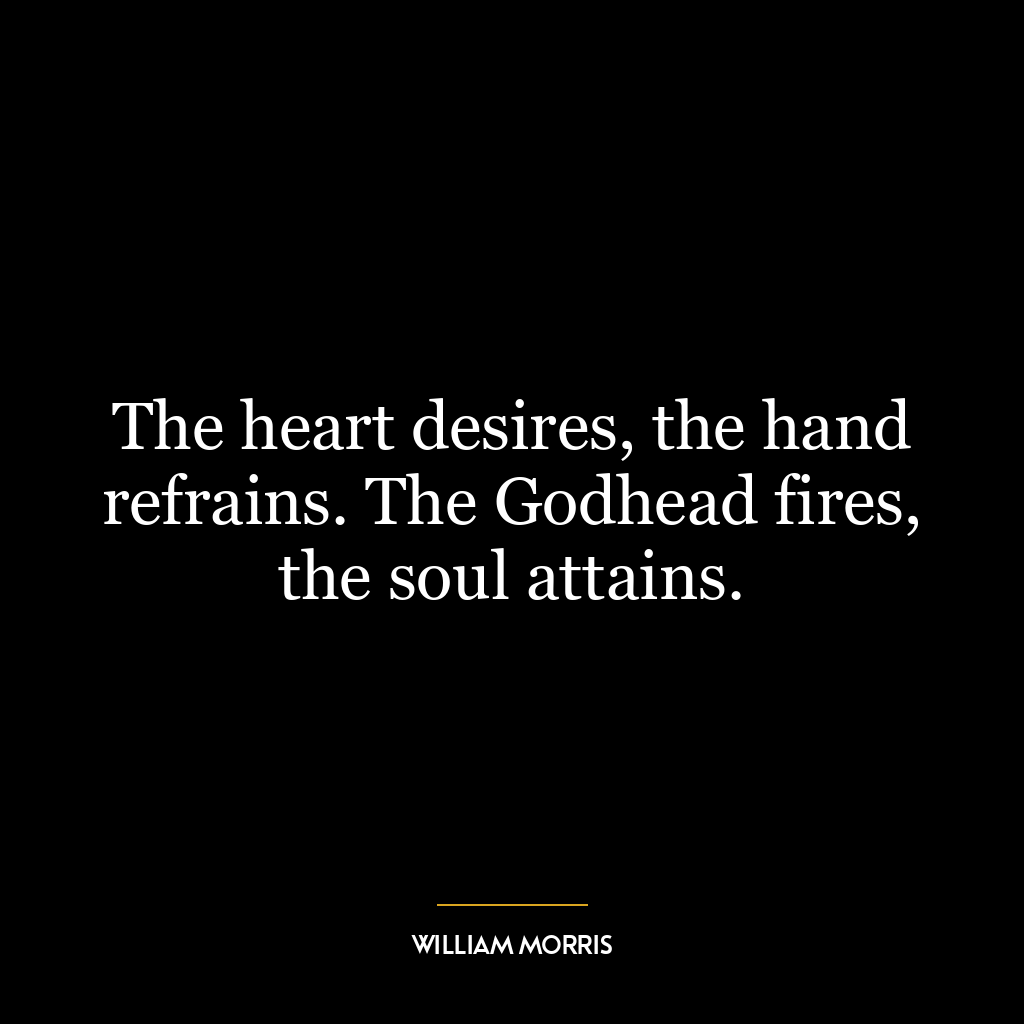Before we passionately desire a thing, we should examine the happiness of its possessor.
This quote suggests that before we ardently yearn for something, it is wise to examine whether the person who already possesses it is truly happy. It underscores the importance of understanding that what we desire may not necessarily bring us joy or contentment. It’s a reminder that the grass isn’t always greener on the other side.
In essence, this quote is a caution against blind ambition and unchecked desire. It encourages us to question our wants and desires, to look beyond the surface and consider whether our longings would truly lead to happiness or if they are simply illusions of fulfillment.
Applying this idea in today’s world, particularly in the realm of personal development, can be transformative. In a world driven by consumerism and social media, it’s easy to fall into the trap of comparison and envy, desiring what others have without fully understanding the implications.
For instance, one might desire wealth, seeing the luxurious lifestyle of the rich. However, upon closer examination, one might find that the wealthy person is burdened by stress, lacks personal freedom, or has poor relationships – factors that might make them unhappy despite their wealth.
Similarly, in the realm of careers, one might aspire to a high-powered job seeing the prestige and power that comes with it. But, if they were to examine the life of someone in such a position, they might find that it comes with high stress, long hours, and little time for personal life or relaxation.
In personal development, this quote can be a guiding principle to help us make more informed decisions about our aspirations. It encourages us to not just follow societal norms or external influences, but to introspectively consider what will truly make us happy. It’s about pursuing desires that align with our values, needs, and personal well-being rather than chasing after perceived notions of success or happiness. It’s about understanding that fulfillment comes from within, not from external possessions or achievements.















